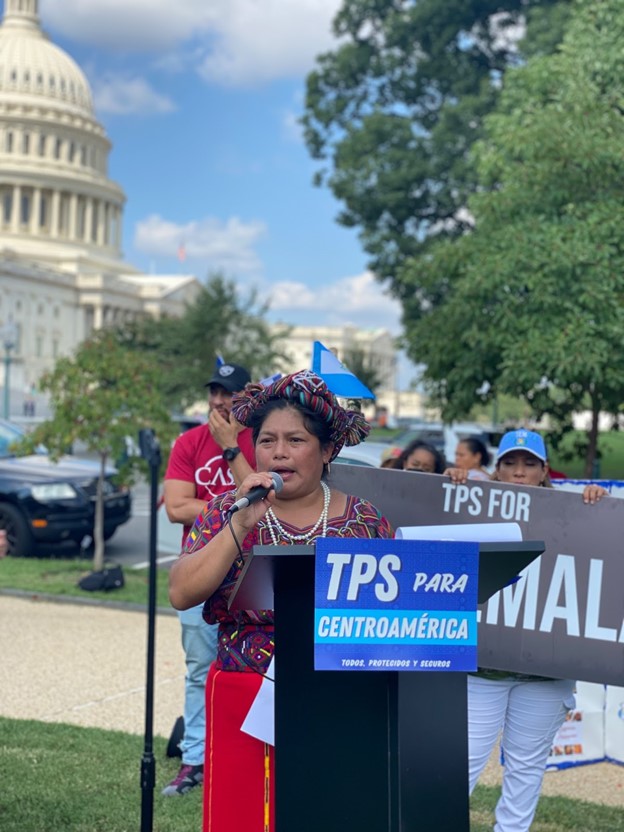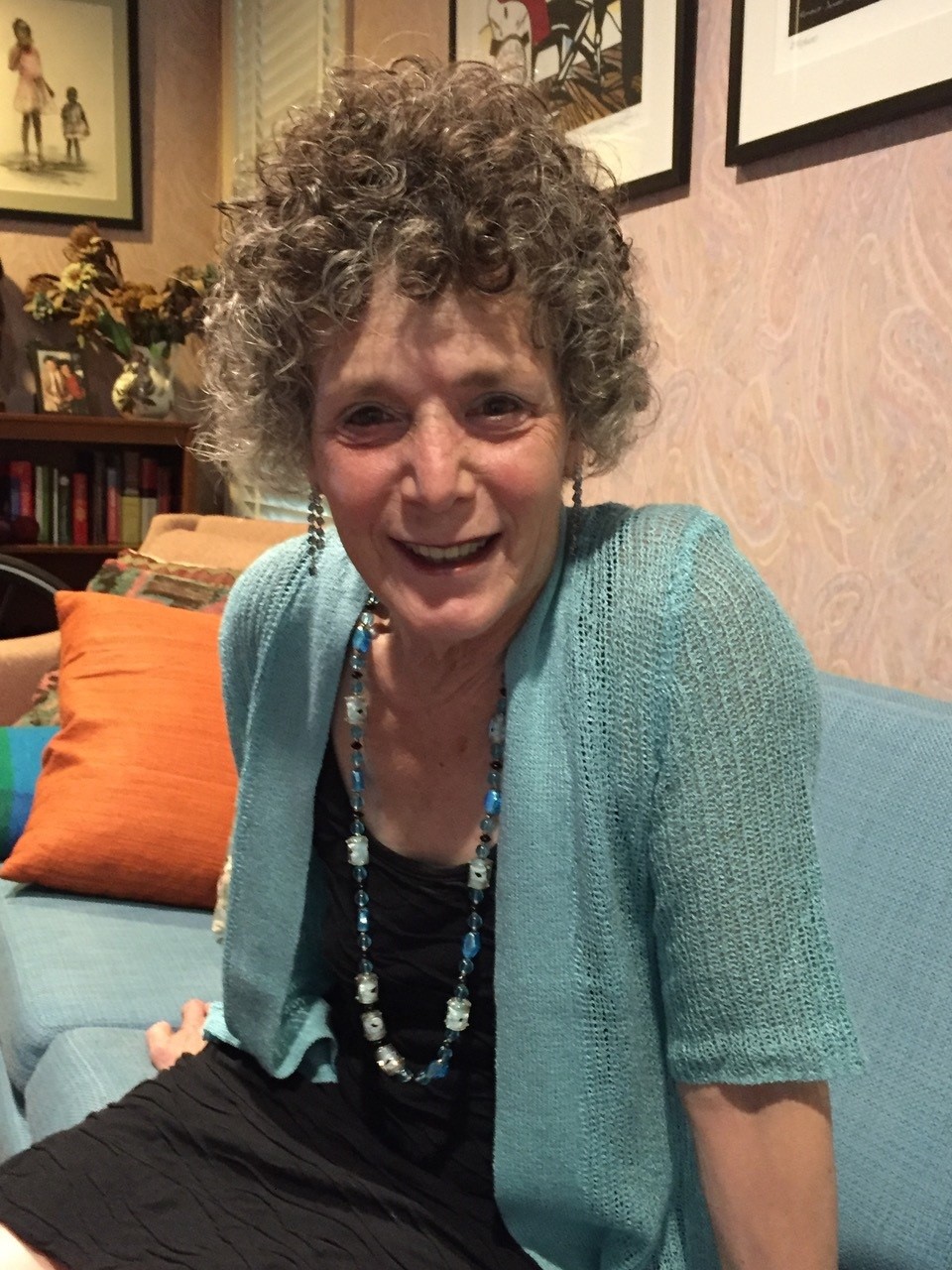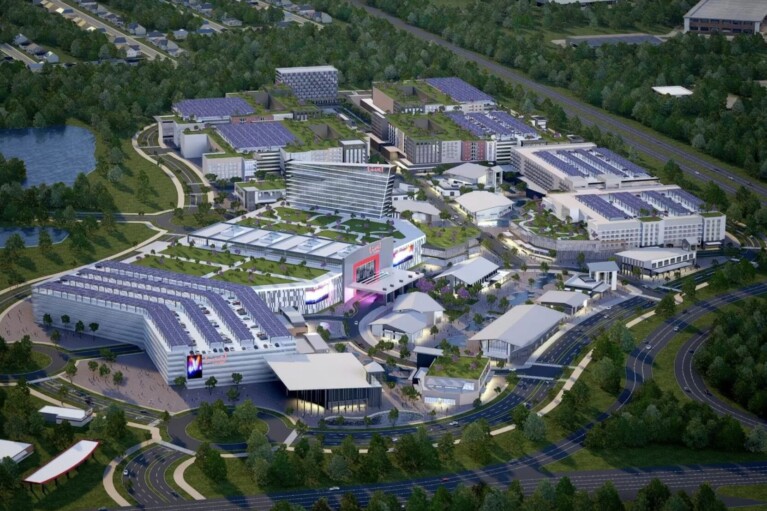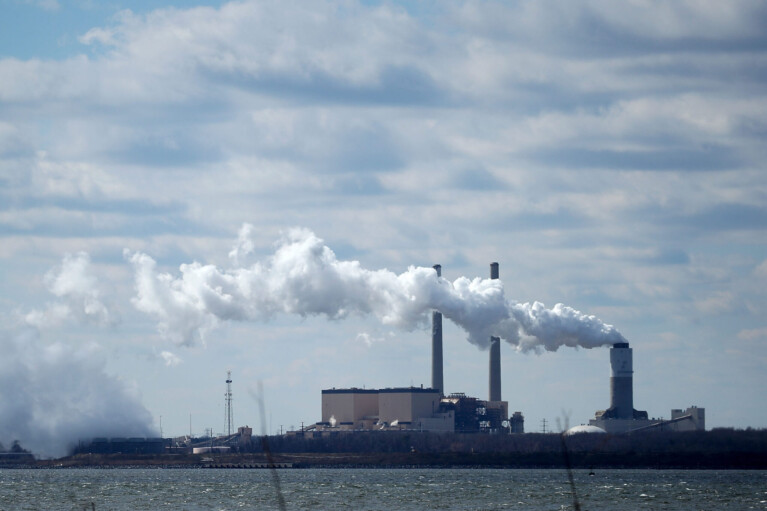‘Climate justice fellows’ connect immigrant issues with a warmer world

Sometimes it’s too hot for Manrique Ramos to work.
July is expected to be the hottest single month in the record books, according to climate scientists.
As a landscaper in Maryland, Ramos feels the heat, routinely exposed to temperatures in the triple digits that make him sick. “I’ve suffered dehydration, vomited from drinking too much water,” he said. “But what are we to do? We can’t afford to lose a day of work. Our families depend on it.”
In 2009, the 48-year-old Honduran and his wife fled poverty and back-to-back natural disasters that turned farmland barren, and polluted air and water. The couple headed north for a better life, leaving behind three small daughters.
“It brings tears to my heart,” Ramos said. His family remains separated; he without legal documents, and limited work options, mostly outdoors.
His story is familiar to participants in the Climate Justice Fellowship, a new initiative within CASA, the largest immigrant advocacy group in the mid-Atlantic. Ramos represents members from Baltimore County, and is among 50 fellows in the second climate cohort that began in early July.
Gabriela Roque is the climate justice training manager. As the daughter of Guatemalan immigrants who came to the United States seeking political asylum, she has lived the issues that are the stable of CASA’s grassroots campaigns in the struggle for legal rights, medical care, family services, and housing. The climate fellows are studying how these issues intersect climate inequities, CASA’s new priority, which informs the online sessions that run through October.
Roque says the program gives participants a basic knowledge of climate change and organizing skills to fight for justice on their own terms.
“The hope is that by training a cohort of CASA member leaders, they can help develop CASA’s climate justice campaigns by identifying ways our members are impacted and want to organize around,” she said. “My expectation is there will be more conversations around climate justice, and that the fellows can make the connection between the different social justice issues they are already fighting for and how they can be amplified by connecting them with climate justice.”
In 2022 the climate leaders testified in hearings and rallies for laws in Maryland, Virginia, and Pennsylvania.
Climate displacement, a hot topic
One recent week, climate displacement kicked off a lively multilingual discussion, largely in Spanish.
“Sometimes migration is the only way to stay alive,” one fellow said.
“We have to live in harmony with nature,” added Ramos, remembering Hurricane Mitch, the deadliest storm ever to hit Honduras, leaving in its wake 7,000 dead and 11,000 homeless.
As fellows learned, Mitch was not an isolated incident, and in a warming world, extreme weather is expected to be more frequent and severe, impacting disproportionately the people most vulnerable and least responsible for climate change.
Ramos said testimonies matter. “That’s the voice that needs to get to the ears of the people that make the decisions, the policymakers,” he said. “We need to be the main actors of this change, to raise our voices and be the protagonist of the change.”

On Capitol Hill, Guatemalan immigrant Maria Brito speaks outs for temporary protected status for immigrants. Photo courtesy of CASA.
Maria Brito agreed. She is among the twenty CASA climate justice fellows trained in 2022.
With tears in her eyes, Brito recounted how she was terrorized by death threats and extortion. She survived attempted murder, a situation that drove her to leave Guatemala seven years ago, with one of her four children. Arriving without papers, living in the United States sequestered in her apartment wearing an electronic ankle monitor, she was further traumatized by fear of deportation and domestic violence.
Brito said CASA has been a lifeline, helping her get a work permit and navigate her asylum case, which is still pending. “When CASA calls, I am there,” she said in Spanish. “With everything they’ve done for me, I back them.”
As a climate fellow, Brito has lobbied for temporary protected status for immigrants, and in support for the Climate Solutions Now Act, enacted by the Maryland General Assembly in 2022.
In her native village, Brito organized mothers to join their tiny parcels into a larger farm cooperative that could feed and support them all. The group flourished until a virus attacked their crops, crushing their hopes for the future. She said that story empowers her fight as a CASA climate justice fellow. “I am fighting with all my strength and a full heart. Every day we’re seeing more injustice, and what we have to do is organize ourselves, and demand that government [leaders] listen,” she said. “If I don’t do that. If I don’t give testimony to what I’m seeing, and what I’m suffering, they will never pay attention.”
Maryland heat stress standards
Those words resonate with Del. Lorig Charkoudian (D-Montgomery). She sponsored a bill in 2020 that required the Maryland Department of Labor to develop heat stress regulations to protect workers exposed to dangerous weather that could impact their health.
Charkoudian calls the draft standards released in August 2022 unacceptable.
“The Hogan Administration wrote the weakest, most meaningless standards you could possibly write,” she said. “And the epitome was that each workplace [was required] to have a plan, but that plan didn’t have to be in writing.”
She said the draft rules lacked a worker acclimatization program, specifics on water, shade, and rest schedules, workload and clothing. The Maryland Clinicians Network, in a statement, voiced “concerns about indoor heat exposure, heat stress related to radiant heat, and competent persons on site.”
The draft has been sent back to the Maryland Department of Labor for revision. Charkoudian is optimistic that the Moore Administration will do a better job.
“I think that their decision, rather than try to salvage something out of [the draft], is that they would start again,” she said. “As much as I think that it’s important to have heat stress standards in place as quickly as we possibly can, I think it’s probably more important that we get them right.”




 Creative Commons Attribution
Creative Commons Attribution